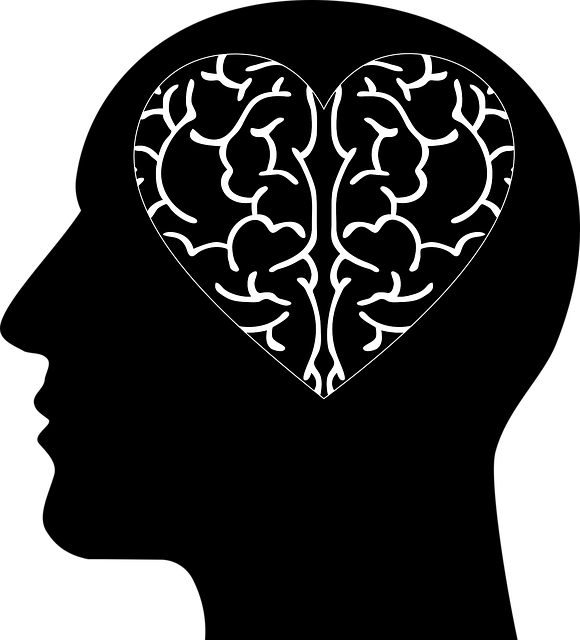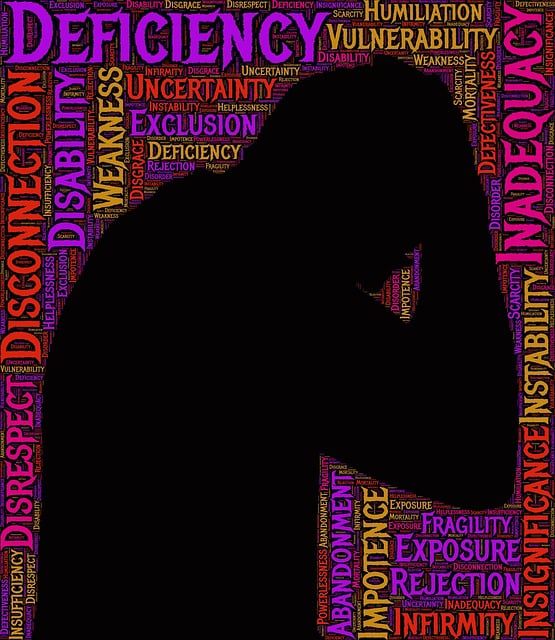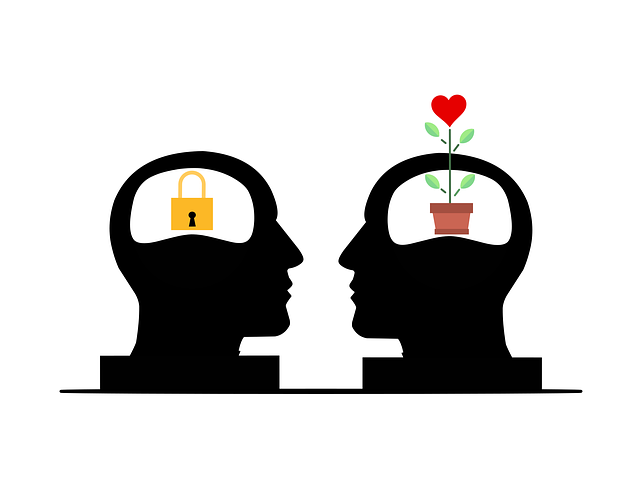Understanding RFM (Resilience, Flexibility, Mastery) is crucial for therapy focused on young children in German-speaking communities. This approach prioritizes building resilience by enhancing adaptability to challenges, targeting anxiety or trauma root causes, and fostering confidence. By integrating cultural sensitivity and public awareness campaigns, RFM has become a powerful tool in risk assessment. Incorporating RFM into therapy allows German-speaking therapists to provide tailored support, nurturing resilience and emotional mastery among young clients. Building resilience from a young age is vital for early childhood development and long-term mental health. The popular RFM Therapy method, rooted in Germany's psychological tradition, focuses on relationships, feelings, and experiences through journaling exercises and safe-space exploration, promoting mental wellness and enhancing security. Resilience building exercises focus on emotional healing, mood management, and social skills development. Integrating RFM strategies into daily routines and playtime can significantly enhance therapy, making it more engaging and effective for young children in German-speaking regions, ensuring they grow into resilient adults.
Resilience is a vital skill for young children to navigate life’s challenges. This article explores the power of RFM (Resourceful, Flexible, and Mobile) in building resilience among children, with a specific focus on German-speaking communities. We delve into the impact of RFM on early childhood development and present effective therapy techniques.
Covering various aspects, we discuss how to integrate RFM exercises into daily routines and playtime, offering practical strategies for parents and caregivers. Discover how these methods enhance children’s ability to cope with stress and foster overall well-being.
- Understanding RFM and Its Impact on Young Children
- The Importance of Resilience Building in Early Childhood
- RFM Therapy: A German-Speaking Perspective
- Effective Exercises for Enhancing Resilience in Kids
- Integrating RFM into Daily Routines and Playtime
Understanding RFM and Its Impact on Young Children

Understanding RFM (Resilience, Flexibility, and Mastery) is crucial when considering therapy for young children, especially within German-speaking communities. This approach focuses on building resilience in children by enhancing their ability to adapt and cope with challenges, a skill set that is vital for their overall development. The concept targets the root causes of anxiety or trauma, empowering kids to navigate difficult situations with confidence.
RFM exercises are designed to foster cultural sensitivity in mental healthcare practice, as they recognize the impact of environment and upbringing on a child’s mental health. This method has gained significant traction through public awareness campaigns, highlighting its potential in risk assessment for mental health professionals. By integrating RFM into therapy, German-speaking therapists can offer effective support tailored to each child’s unique needs, fostering not just resilience but also a sense of mastery over their emotions and experiences.
The Importance of Resilience Building in Early Childhood

Building resilience from a young age is an invaluable aspect of early childhood development, offering children powerful tools to navigate life’s challenges and promote long-term mental health. For German-speaking regions, where therapy for young children has gained significant importance, incorporating resilience-focused exercises into their educational and therapeutic practices can have profound effects. These exercises not only foster a sense of empowerment but also equip children with coping mechanisms that can enhance their overall well-being.
Resilience is the ability to adapt and bounce back from adversity, and it plays a crucial role in a child’s emotional healing processes. By engaging in specific activities designed to build resilience, young individuals learn to manage stress, regulate emotions, and cope with setbacks. This early investment in mental health awareness can significantly contribute to preventing burnout, especially when considering the growing emphasis on burnout prevention strategies for healthcare providers and other demanding professions.
RFM Therapy: A German-Speaking Perspective

RFM Therapy, a therapeutic approach gaining traction among German-speaking professionals, offers unique insights into nurturing resilience in young children. This method, rooted in Germany’s rich psychological tradition, focuses on the intricate relationship between an individual’s relationships, feelings, and experiences, serving as a powerful tool for emotional well-being promotion techniques. By delving into these interconnections, therapists can facilitate conflict resolution techniques within children, empowering them to navigate challenging situations with growing resilience.
The therapy encourages youngsters to reflect upon their emotional experiences, fostering mental wellness journaling exercise guidance. Through this process, they learn to identify and express their feelings effectively, a crucial aspect of building resilience. By providing a safe space for exploration, RFM Therapy equips children with valuable skills to manage stress, resolve conflicts, and enhance their overall sense of security. This approach aligns perfectly with the goal of promoting emotional well-being in young minds within the German-speaking context.
Effective Exercises for Enhancing Resilience in Kids

Resilience building exercises play a pivotal role in therapy for young children, especially those speaking German. Effective practices focus on fostering emotional healing processes and enhancing mood management skills, which are crucial aspects of mental health awareness. Through engaging activities, kids learn to navigate difficult emotions, build coping strategies, and develop a sense of self-efficacy.
One such exercise is the “Emotion Check-In,” where children are encouraged to identify and label their feelings regularly. This simple practice helps them become more attuned to their emotional states, enabling better mood management. Additionally, group activities like role-playing scenarios allow kids to explore different responses to challenging situations, promoting social skills and understanding while reinforcing resilience.
Integrating RFM into Daily Routines and Playtime

Integrating RFM (Resilience, Flexibility, and Mindfulness) into daily routines and playtime can significantly enhance therapy for young children, especially those in German-speaking regions. This approach allows children to develop essential coping mechanisms from a young age, fostering resilience and adaptability. For mental health professionals, incorporating RFM strategies during therapy sessions can be a game-changer, as it makes the process more engaging and effective. By design, these exercises promote mental health education programs that cater to diverse learning styles.
Mindfulness meditation, a key component of RFM, can be seamlessly incorporated into playtime activities such as storytelling or art sessions. For instance, guiding children through simple breathing exercises during story breaks not only helps them stay focused but also teaches them valuable risk management skills for handling strong emotions. This holistic approach to mental health education programs has been shown to positively impact children’s overall well-being and ability to navigate life’s challenges, ensuring they grow into resilient adults.
Resilience is a vital asset for young children’s overall development, and integrating RFM (Resilience-focused Mindfulness) exercises can significantly enhance their coping abilities. As discussed in this article, RFM therapy has gained traction among German-speaking professionals, offering a unique perspective on fostering resilience. By incorporating these practices into daily routines and playtime, parents and caregivers can support children in developing the necessary skills to navigate life’s challenges. With continued research and application, RFM holds promise as an effective therapy for young children, particularly within the German-speaking context.














